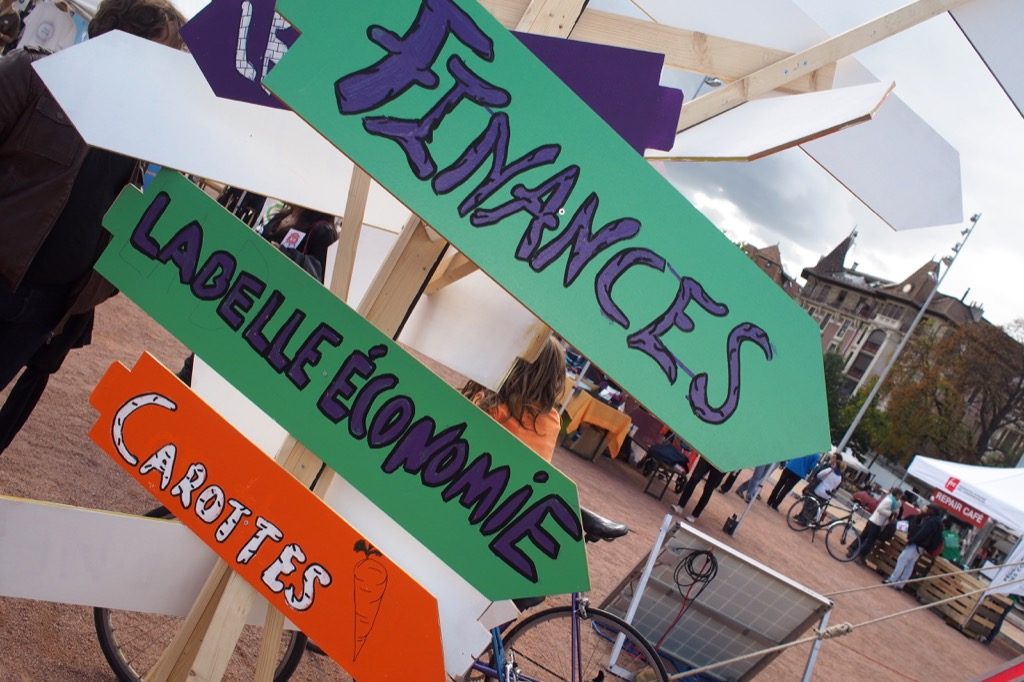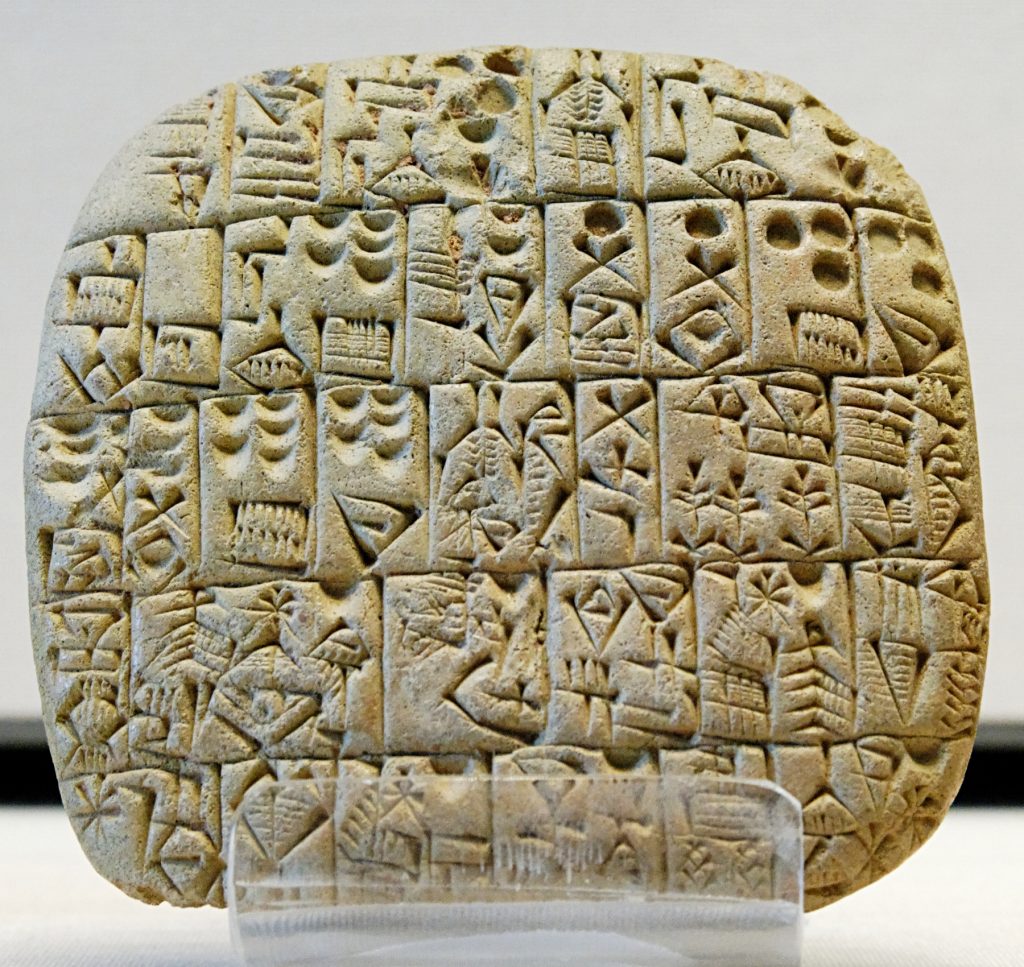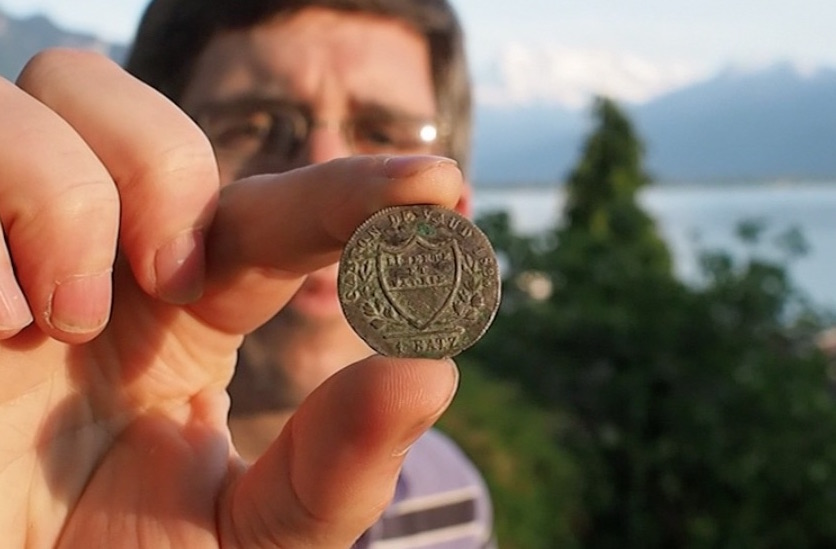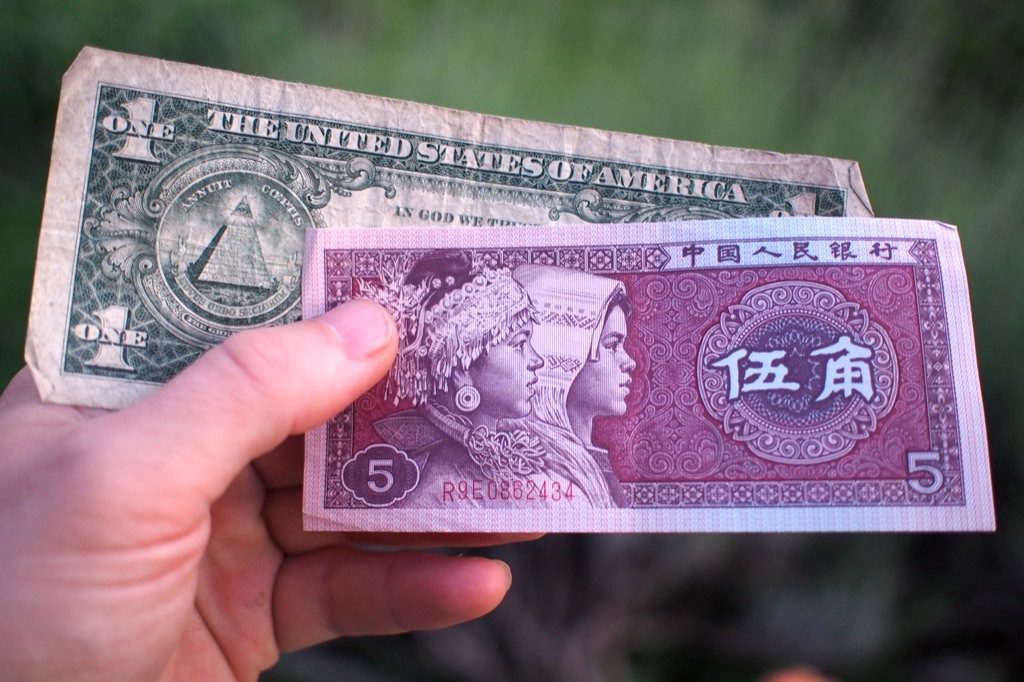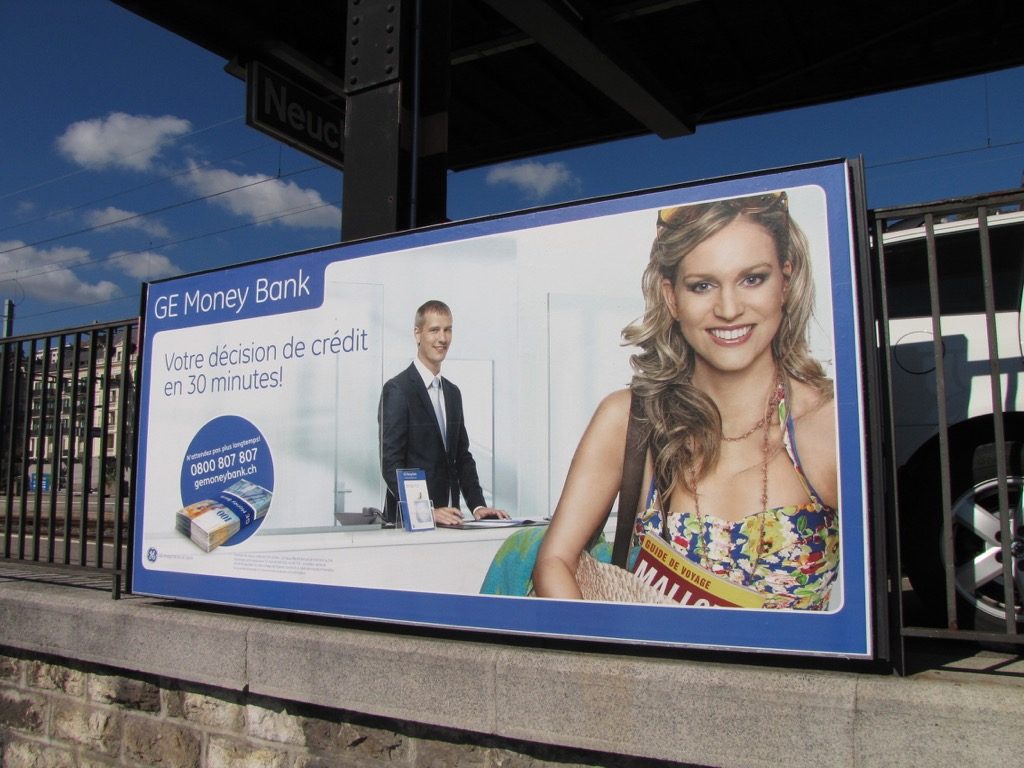To ensure the animations of the Game of the Money, but also the improvement of the game, its diffusion, the hosting of this web site, etc…. At some point a little bit of funding is needed.
This is a very delicate subject, inasmuch as the Game of the Money, through 4 games, takes us on a journey through 5,000 years of history and shows us that many means of payment and many economic systems have existed.
tally stick Clay tablet Batz vaudois banknote Credit long house
What means of payment should be used to finance The Money Game ?
So which economic system to use?
(for reminder eco-nomy = house rules)
What means of payment should we use to finance our activities?
With the Mint we can clearly see that there are more or less pleasant and more or less efficient systems. It turns out that the most efficient and pleasant system is NOT the debt currency system that is the majority in our economic activities nowadays.
But on the other hand it is a system that is widely recognized, which is imposed on us through a certain number of goods and services that can only be acquired through this style of payment method. (For example equipment from a globalized economy).
… and for the record, it was indeed the basic intention to force us to use this type of payment method via tax. The basic intention was to allow a lord to live on the backs of others through his seigniorial power.
So as long as this system is largely in place. We need to be part of it, too. The idea is to be aware of it and make the best of it.
Because, yes, we live in the here and now.
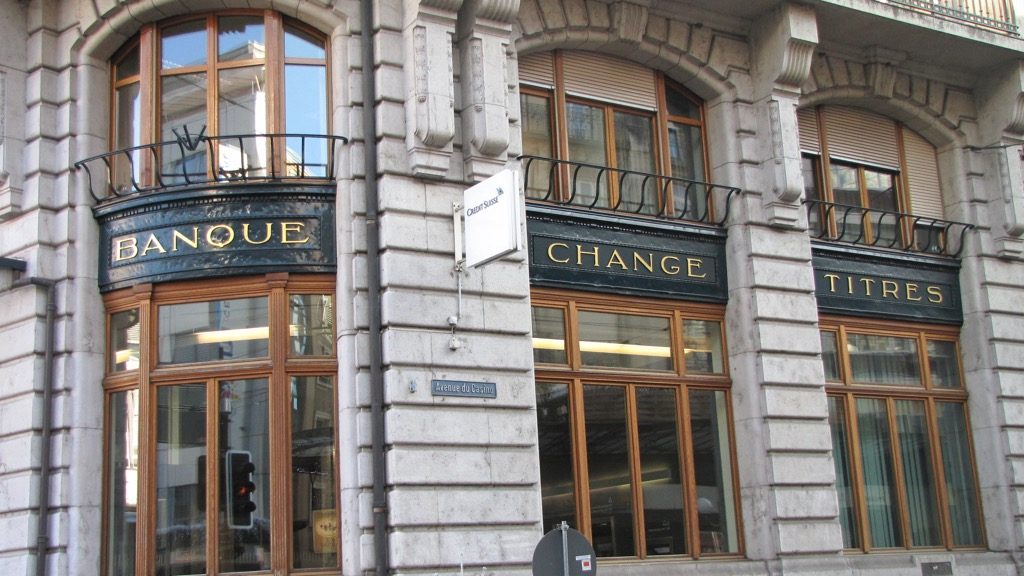
Conscious participation to question one’s personal relationship to money
The proposal to fund the “Money Game”‘s activities is to pay for participation in the Mint through “Conscious Participation”.
With the Coin Game you experience the influence of structures outside of yourself with 4 small games that impose different rules each time.
And to pay for the service, this time we’re going to question the internal structures.
What are his beliefs related to money? Is it right or wrong to have money? Do you have any beliefs about…
- Rather positive ?… Money is … freedom, autonomy, happiness, etc…
- Rather negative? … Money … it creates conflicts, injustices, it’s dirty, etc…
Beliefs related to money are often unconscious and even trans-generational !
Here is a more developed explanation to question oneself about one’s relationship to money and to pacify it.
So it is through this filter that you will be asked to pay for your participation in the Money Game.
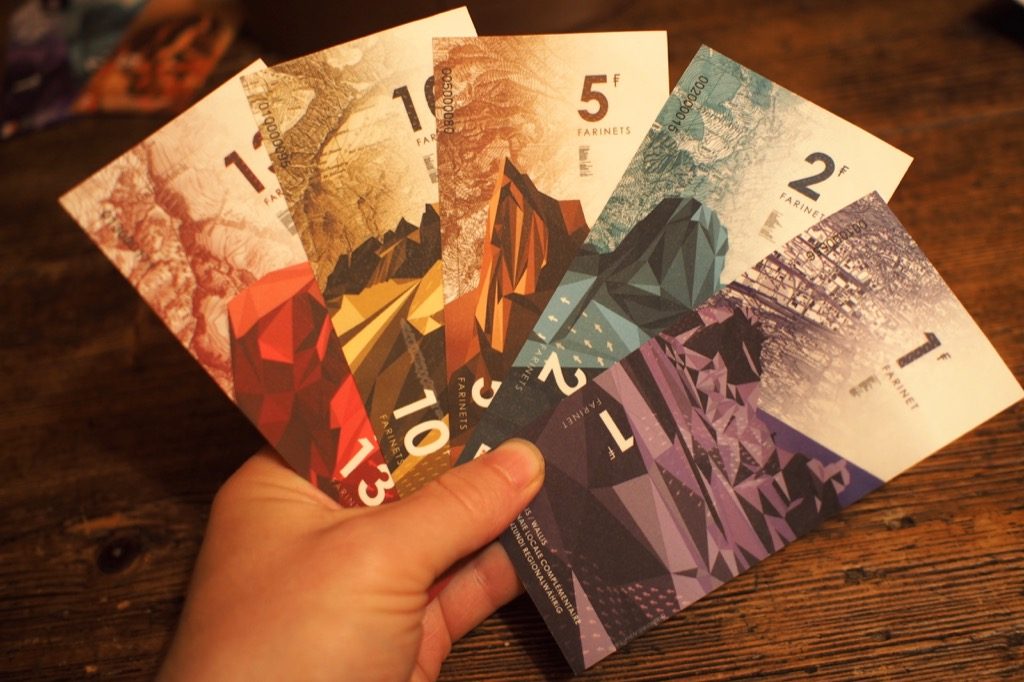
How does conscious participation work in practice?
It’s quite simple. We’re going to ask you to evaluate the price of the service with 3 axes:
- what I MUST pay (costs already incurred for logistics and food, train ticket, room rental, equipment for the game, etc.).
- what I WANT to pay (by what I want to support and thank for the magnificent contribution).
- what I CAN pay (I am aware of my means. And not only to reduce the amount, but especially to increase it. If I have a lot of means, I can pay a lot).
There is a little time for reflection which is left to the participants.
Then there are several variations:
- the anonymous variant
- the personal variant
In the anonymous variant, a hat is left in one place and each participant fills it out.
In the personal variant, the facilitator of the Money Game passes to each person to take the conscious participation in a personal and not anonymous way.
There is no comment, justification or palaver… (I would have given more but I can’t… I can’t afford it… etc…) Sometimes it really itches!
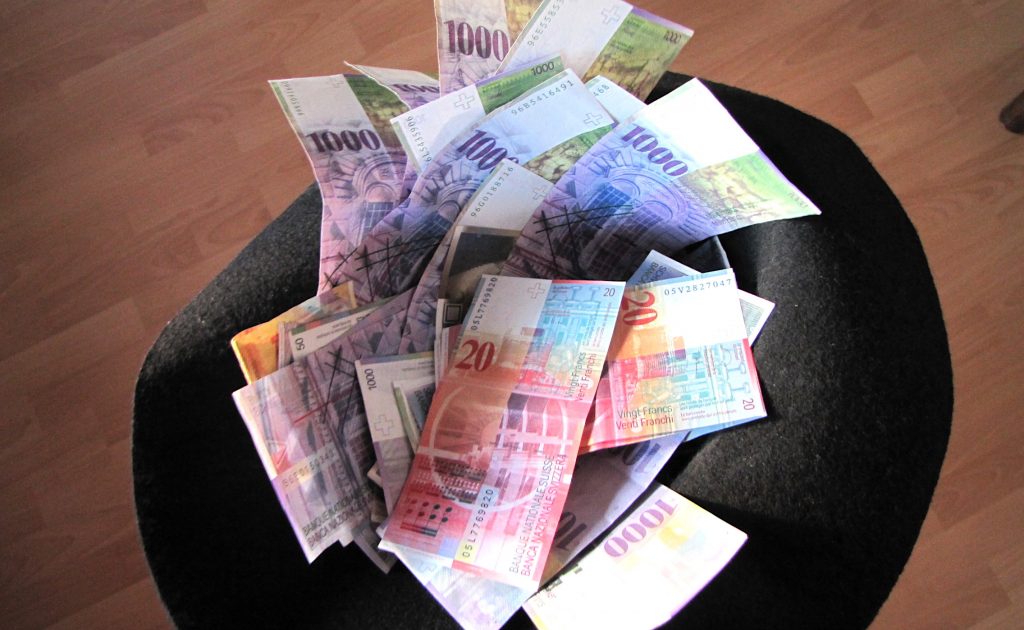
Origin of conscious participation
Conscious participation is not the “free price” or a payment to the “hat” as in the case of street artists.
Conscious participation is really about making people aware of what is hidden under a prize.
I experienced conscious participation for the first time during an internship at the University of Nous. This is how the internship was funded. This is the economic model of UdN.
The variant tested that day did not even offer us the possibility to know the actual costs incurred. (What I HAVE) (except for the accommodation which was paid for separately.)
It was frankly not easy (especially since there was a price distortion between France and Switzerland, no electronic means of payment possible… and no check possible for the Swiss… And the abandonment of the floor rate between the CHF and the Euro which raised the price negotiated for the event before this manoeuvre of the SNB… )
The University of Nous is also in the habit of publishing the amount received, with some statistics, such as the maximum, minimum and average amounts.
An example with MOOC shared governance can be seen here. We can see that the internal objective has only been reached at 65%… and by providing this statistic it can make you want to correct the situation by making a donation. This is at a time when the “What I CAN” may be more in tune with the “What I CAN”.
In my personal experience, the anonymous version pays less than the version in which the presenter personally collects the amount. (An intermediate version can be made by providing an envelope to pay… one gives by being visible… but the amount is hidden…. In fact it’s not much use).
It’s a lifelong experience. Many variations are possible to be more conscious.
→ With the money game you are questioned about your relationship to money all the way to the end!
